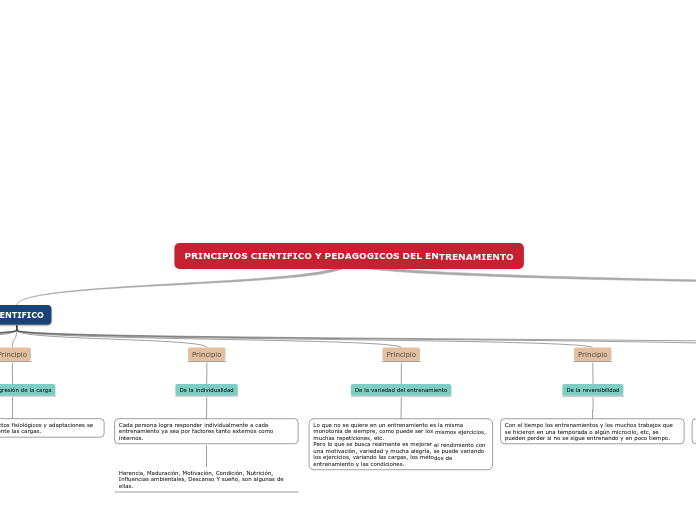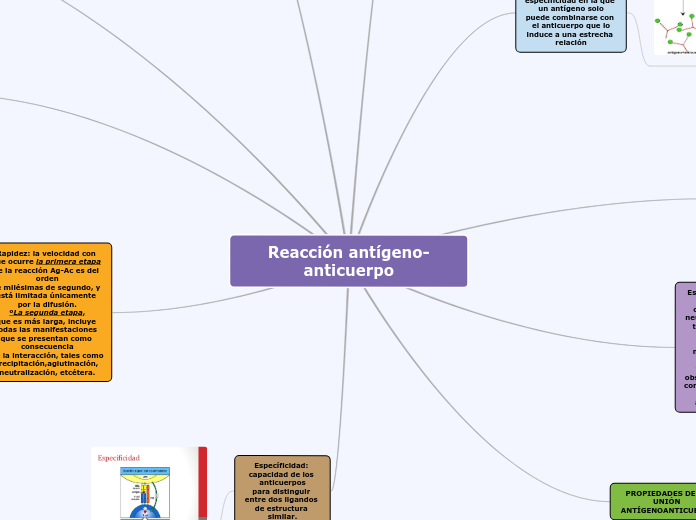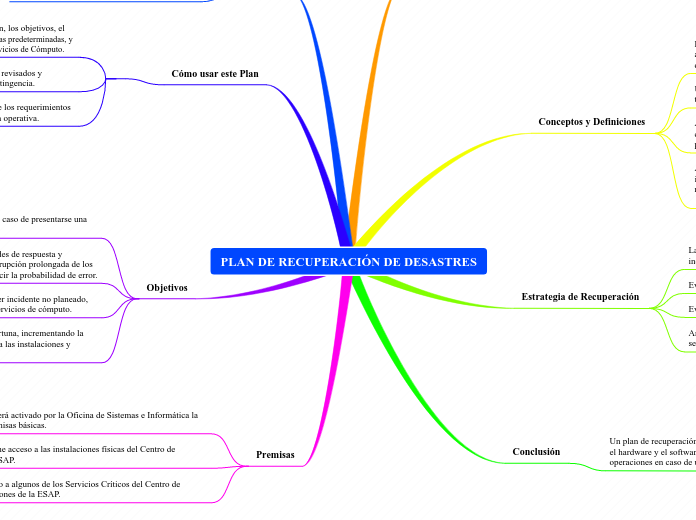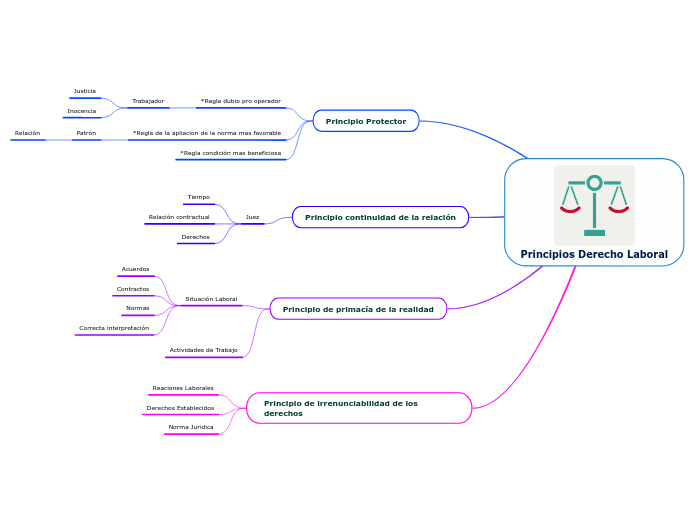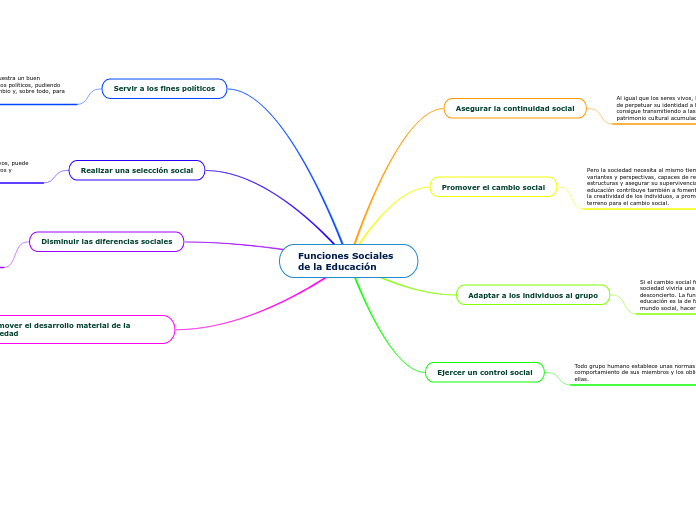PRINCIPIOS CIENTIFICO Y PEDAGOGICOS DEL ENTRENAMIENTO
Type in the name of the multiple-perspectives text.
Example: Bridge to Terabithia by Katherine Paterson
PEDAGOGICOS
DE ACCESIBILIDAD
Es una organizacion que hace el entranador para dar a entender que tareas enfocadas al nivel de preparacion.
DE LA TRANSFERENCIA DEL ENTRENAMIENTO
Se transforma a travez de la velocidad, puede llegar a ser negativa, neutra o positiva.
DE LA PARTICIPACION ACTIVA Y CONSCIENTE EN EL ENTRENAMIENTO DEPORTIVO
Hablar de manera clara para poder comprender los fines del entrenamiento.
DE LA PERDIODIZACIÓN
Type in a relevant quote that highlights the character's point of view towards
PEDAGOGICOS.
Try following a citation format: author's name, chapter, and page.
Example: 'Jesse drew the way some people drank whiskey. (...) Lord, he loved to draw. (...) When he was in first grade, he told his father that he wanted to be an artist when he grew up.' (Paterson, 2. 7)
Sesion
unidad
Microciclo
Mesosiclo
Fase
Periodo
Macrocilo
CIENTIFICO
Identify an important issue from the text that is being presented from different angles. Type it in.
Example: Jesse's drawing talent.
De la alternancia reguladora de los contenidos del entrenamiento
Se busca el máximo desarrollo del deportista para un mejor rendimiento, la ganancia que debe tener al pasar de los años tanto técnica, como táctica, física y psíquica.
De la especialización
En deportistas jóvenes y niños se debe especializar mucho el deporte que se practica, pero tampoco se puede dejar otras actividades de ganancia motriz a un lado.
De la reversibilidad
Con el tiempo los entrenamientos y los muchos trabajos que se hicieron en una temporada o algún microcilo, etc, se pueden perder si no se sigue entrenando y en poco tiempo.
De la variedad del entrenamiento
Lo que no se quiere en un entrenamiento es la misma monotonía de siempre, como puede ser los mismos ejercicios, muchas repeticiones, etc.
Pero lo que se busca realmente es mejorar el rendimiento con una motivación, variedad y mucha alegría, se puede variando los ejercicios, variando las cargas, los métodos de entrenamiento y las condiciones.
De la individualidad
Cada persona logra responder individualmente a cada entrenamiento ya sea por factores tanto externos como internos.
Herencia, Maduración, Motivación, Condición, Nutrición, Influencias ambientales, Descanso Y sueño, son algunas de ellas.
De la progresión de la carga
Para poder mejorar los efectos fisiológicos y adaptaciones se tiene que elevar gradualmente las cargas.
De la continuidad
El entrenamiento deportivo se mejora a través del tiempo, para poder conseguir unos resultados positivos se debe entrenar repetidamente.
Decide on the fourth point of view
Type in the name of the last character whose perspective on the issue you are going to present.
Example: Leslie Burke, Jesse's new next-door neighbor, and best friend.
De la supercompensación
Point of view
Type in a relevant quote that highlights the character's point of view. Try to follow a citation format: author's name, chapter, and page.
Example: I can't get the poetry of the trees,' he said. She nodded. Don't worry,' she said. You will someday. He believed her.' (Paterson, 4. 24)
Tanto el esfuerzo impuesto por las cargas como la recuperación van de la mano, la recuperación ayuda al rendimiento optimo de un deportista, el descanso es muy buen amigo del entreno.
How is the viewpoint introduced in the story?
Choose an answer:
First person point of view - using the personal pronouns 'I' or 'we'Second person point of view - using the personal pronoun 'you'Third person point of view - using the third-person pronouns 'he', 'she' and 'they'Omniscient point of view - an all-seeing observer tells the story
Whose character does the third point of view belong to?
Type in his/her name.
Example: Mr. Aarons, Jesse's father.
De la sobrecarga (Sobreesfuerzo)
What does the character think, say or do that suggests their perspective on the issue?
Type in a quote and try to maintain the citation format.
Example: 'He would like to show his drawings to his dad, but he didn't dare. (...) He'd thought his dad would be pleased. He wasn't. What are they teaching in that damn school? he had asked.' (Paterson, 2.8)
El cuerpo debe tener unas cargas intensas si se quiere mejorar el rendimiento, para luego lograr una adaptación, cuando se logre la adaptación, el estimulo tiene que superar el umbral.
What kind of narration introduces the viewpoint?
Choose an answer:
First person point of view - using the personal pronouns 'I' or 'we'Second person point of view - using the personal pronoun 'you'Third person point of view - using the third-person pronouns 'he', 'she' and 'they'Omniscient point of view - an all-seeing observer tells the story
Decide on the second point of view
Name the character (it can either be the main character or one of the supporting characters) whose point of view you are presenting.
Example: Miss Edmunds, Jesse's music teacher.
De la especificidad
Type in a quote that points out the character's position about the issue.
Try to follow a citation format: author's name, chapter, and page.
Example: 'She said he was unusually talented, and she hoped he wouldn't let anything discourage him.' (Paterson, 2. 8)
Son especificos al tipo de estimulo.
How is the viewpoint introduced in the story?
Choose an answer:
First person point of viewSecond person point of viewThird person point of viewOmniscient point of view
Especifico según el sistema de energía.
Según el grupo muscular.
Según el tipo de movimiento en la articulación.
El rendimiento logra tener una mejoría cuando el entrenamiento es mas especifico.
Principio
Decide on the first point of view you are going to present.
Type in the name of the character (it can either be the main character or one of the supporting characters) whose point of view belongs to.
Example: Jesse Oliver Aarons, Jr., the main character of the novel, a fifth-grader living in a rural Southern area.
De la multilateradidad
Type in a relevant quote that highlights the character's point of view towards
CIENTIFICO.
Try following a citation format: author's name, chapter, and page.
Example: 'Jesse drew the way some people drank whiskey. (...) Lord, he loved to draw. (...) When he was in first grade, he told his father that he wanted to be an artist when he grew up.' (Paterson, 2. 7)
Se basa en la incrementación y mejoría de la motricidad en un deportista, haciendo ganancia en gestos que emplea, para poder desarrollar la capacidad motriz.
What type of narration introduces the viewpoint?
Choose an answer:
First person point of view - using the personal pronouns 'I' or 'we'Second person point of view - using the personal pronoun 'you'Third person point of view - using the third-person pronouns 'he', 'she' and 'they'Omniscient point of view - an all-seeing observer tells the story
